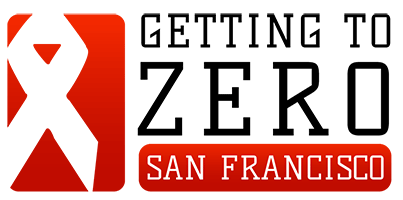The city of San Francisco is moving closer towards its goal of achieving zero new HIV infections, with Mayor London Breed announcing Tuesday the number of new infections in 2018 dropped by 13 percent from the previous year.
The latest results, released by the department of public health in the 2018 Annual HIV Epidemiology Report, show that new HIV diagnoses fell to 197, down from 227 recorded in 2017. The latest numbers are the lowest ever seen in recent times in the city.
The report also found that while disparities by race, ethnicity, age, gender, housing status and high-risk groups still exist, the number of new diagnoses for Asians, women and men who have sex with men declined. However, the number of new diagnoses increased among those who inject drugs, people experiencing homelessness, African American and Latinx people.
Breed called the report’s overall results “encouraging.” “Our health care professionals and community partners will continue working to reduce disparities among populations and improve HIV care for everyone in our city,” she said in a statement.
In 2014, the city adopted the Getting to Zero initiative, which brings together resources for the purpose of eventually getting to zero new infections, zero HIV-related deaths and ending the stigma around HIV. “We’ve made enormous strides toward our Getting to Zero goals,” Supervisor Rafael Mandelman said. “But the increase in new diagnoses among injection drug users, African Americans, Latinx and unhoused people is deeply troubling,” he said.
“Together our community partners, scientists, academics, providers and city’s leaders, we are confident in our pledge to be the first city to get to zero,” said the city’s Director of Health Grant Colfax. “But we can’t get there until we close the disparities gaps and focus on equity to ensure that all San Francisco communities have access to HIV prevention and care that works for them.”
In order to address the disparities identified in the report, health department officials announced they have allocated $8 million in funding. The funding will go to community organizations that primarily serve African Americans, Latinx, transgender people and people who inject drugs. The money will allow the organizations to develop individual care approaches and strengthen HIV prevention work. Active efforts by the city already underway to prevent HIV infection include increasing access to PrEP, or Pre-Exposure Prophylaxis, outreach that connects homeless people and those who inject drugs to health services and a new clinic at Zuckerberg San Francisco General Hospital, Ward 86, that offers care for patients living with HIV.
